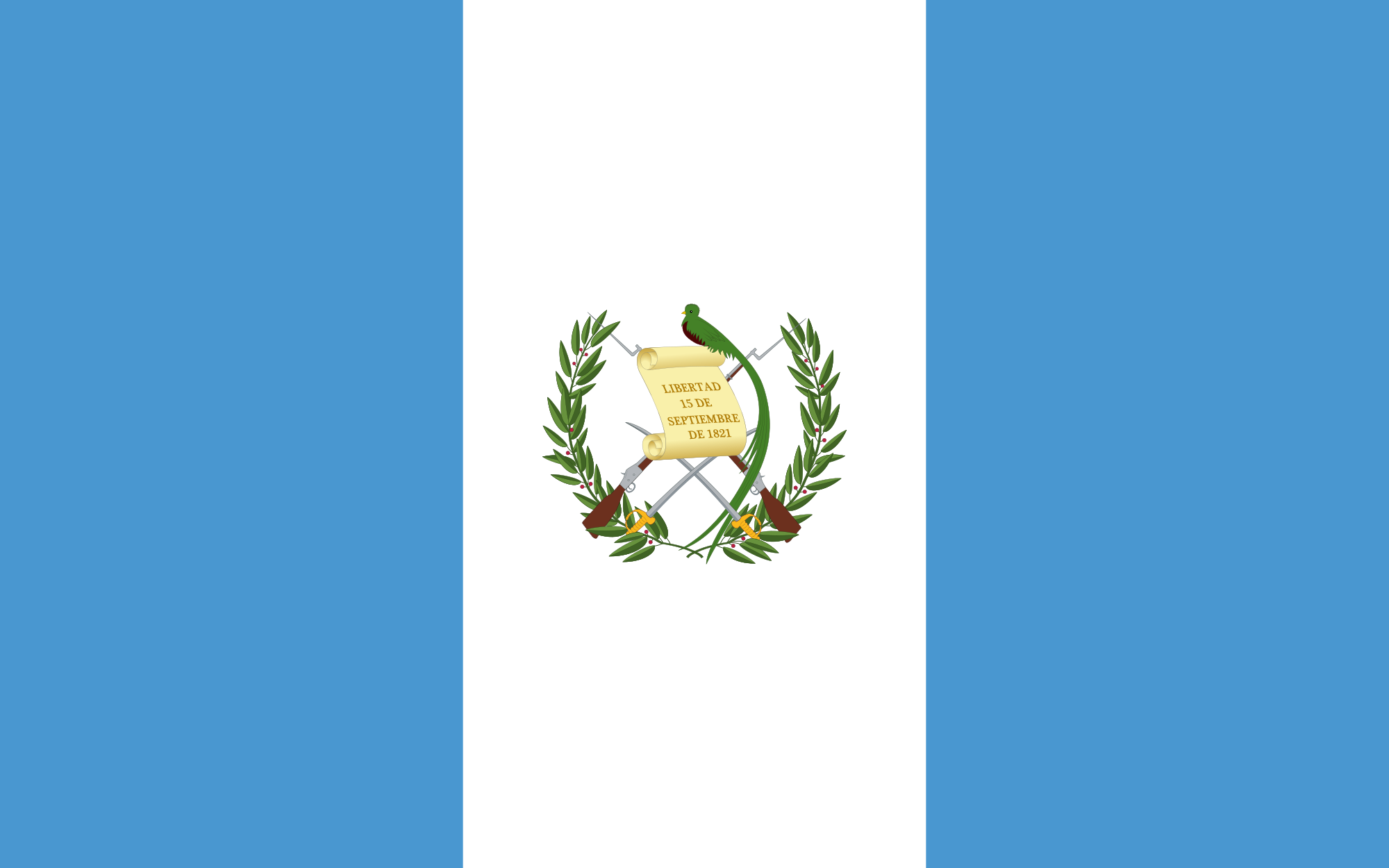
The country of Guatemala has inked an "asylum deal" with the United States to permit safe third country processing for asylum seekers passing through its borders en route to our country. At least, it has according to President Trump, and certainly the Guatemalan foreign minister and the Department of Homeland Security (DHS) acting secretary Kevin McAleenan signed some document in the president's presence.
Such a deal would in effect mean that other nationals, such as Salvadorans and Hondurans, could be returned to Guatemala in order to pursue their claims to asylum, instead of being allowed to remain in the U.S. for the duration of the process, which due to immigration court backlogs takes years. That's for the simple reason that, geographically for these and other Central Americans, Guatemala is the major choke point you must cross before entering Mexico enroute north; although it's worth noting that Belize (formerly British Honduras) might become a viable workaround to avoid the net of this safe third country agreement for determined migrants.
The immigration court backlog in asylum cases acts as a lure to mass illegal immigration since, even if the claim is ultimately denied (or, as often as not, abandoned) it buys the applicant several years of residing here, replete with work authorization and numerous additional benefits, including free education for minor children and billions of dollars in free health care which, although ostensibly off-limits to illegal aliens, is a reality since neither emergency services nor county health centers send such people away when the need exists.
So, if there is indeed a deal, it might auger well for regaining at least a modicum of control over the border, presupposing that any one of the many increasingly intrusive activist judges don't kill it with some kind of national injunction, which you can bet open borders advocates will stampede to court to attempt to obtain.
But is there really a deal, and what is its shape and contour? I'm guessing that the document signed isn't really a done deal at all, but rather more along the lines of a "statement of intent". That's because the highest Guatemalan court had already ruled that such a deal would require the concurrence of Guatemala's Congress, which has been in recess, and probably gladly so rather than have to politically confront such a bitter pill.
What's more, a whole lot of weasel words attended the signing ceremony. Take, for example, these excerpts from the report in The Hill:
Asked what had changed since the president's [earlier] tweet [signaling an intent to initiate punitive tariffs against Guatemalan products for failure to sign a deal as originally agreed], McAleenan and Guatemalan Minister of Interior Enrique Degenhart said the two sides remain at the negotiating table . . .
The two countries are working toward signing an agreement to provide further protections to Guatemalan workers in the U.S. on visas and expanding access to regular access to migration avenues in Guatemala, according to the statement. [Emphasis added.]
It doesn't look like this cake has really been baked yet. Instead, it looks more like Guatemala's government reacted to do whatever it had to in order to preclude tariffs and other sanctions, and that included the theatrics of an "agreement in principle" which is to say, no agreement at all yet.
Will this exercise ultimately redound to our country's benefit? That remains to be seen. There is the pressing question of how the mechanics and logistics will be worked out. Where will Guatemala be putting all of these foreigners returned to its territory from the U.S., and who will pay for that enterprise?
And, given all of the discussion about opening up U.S. temporary worker programs on a large-scale basis to Guatemalans, one is inclined to ask: if all we do is replace illegal border-crossers on a nearly one-to-one basis with temporary workers who are equally unlikely to return home when their visas expire, where's the gain?
But, as a former colleague was wont to say, "we live in hope".
